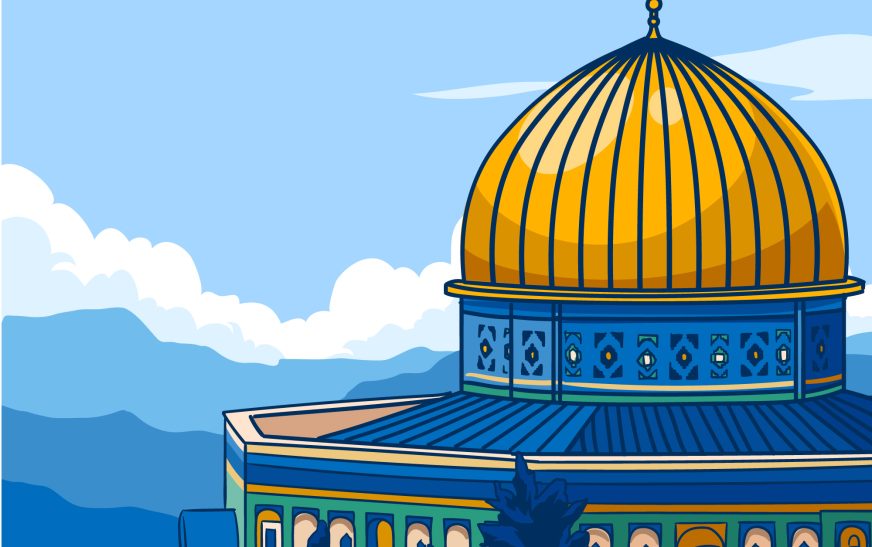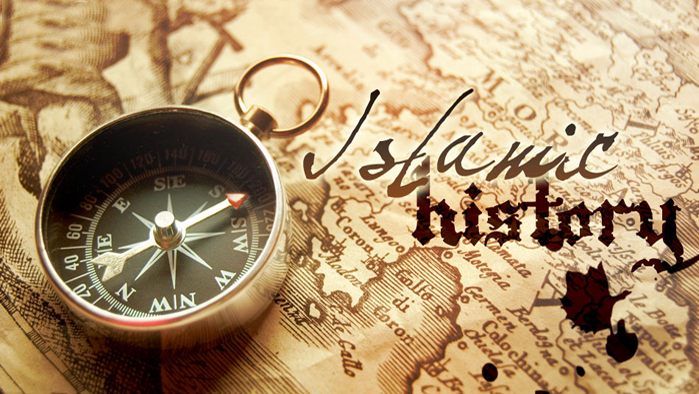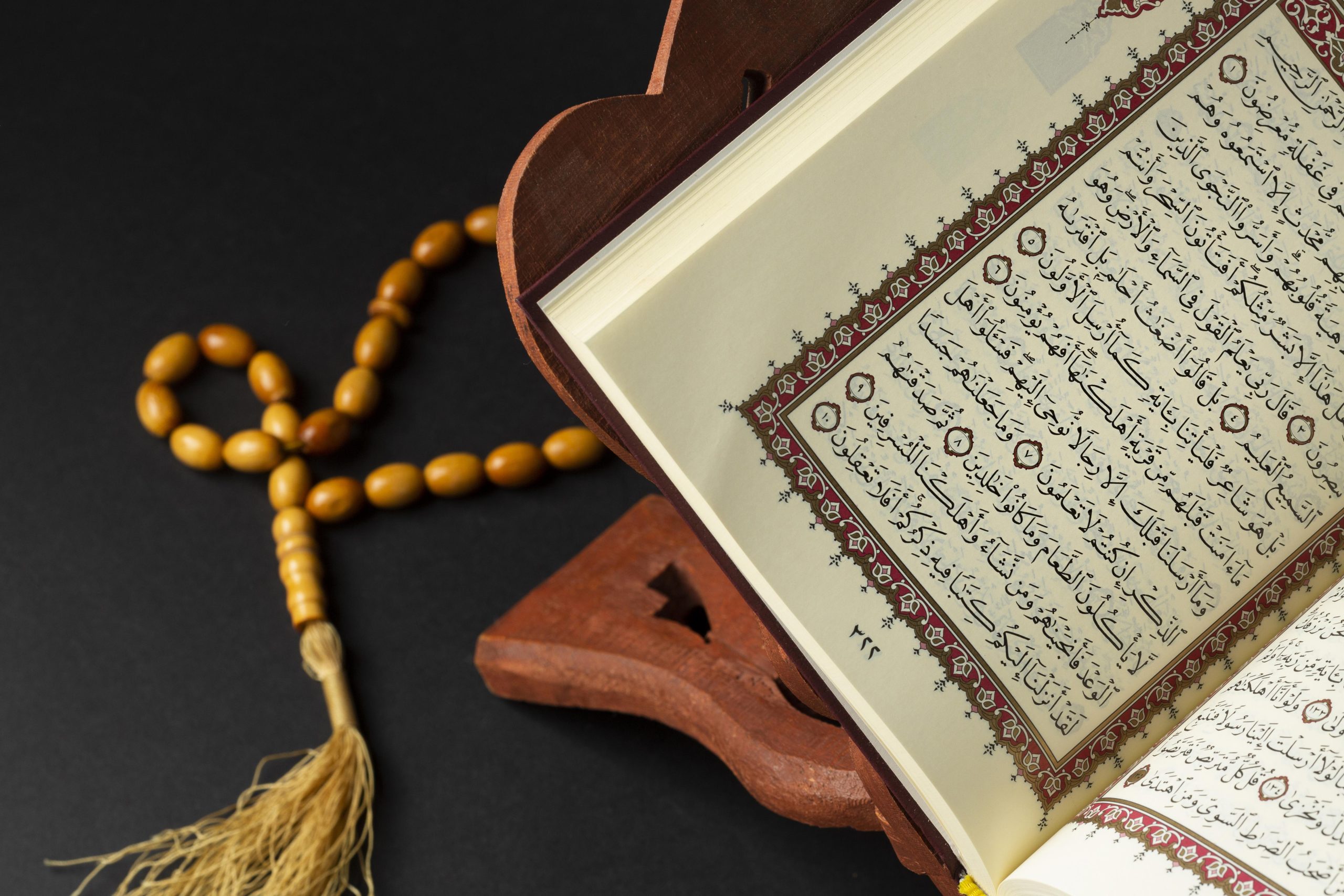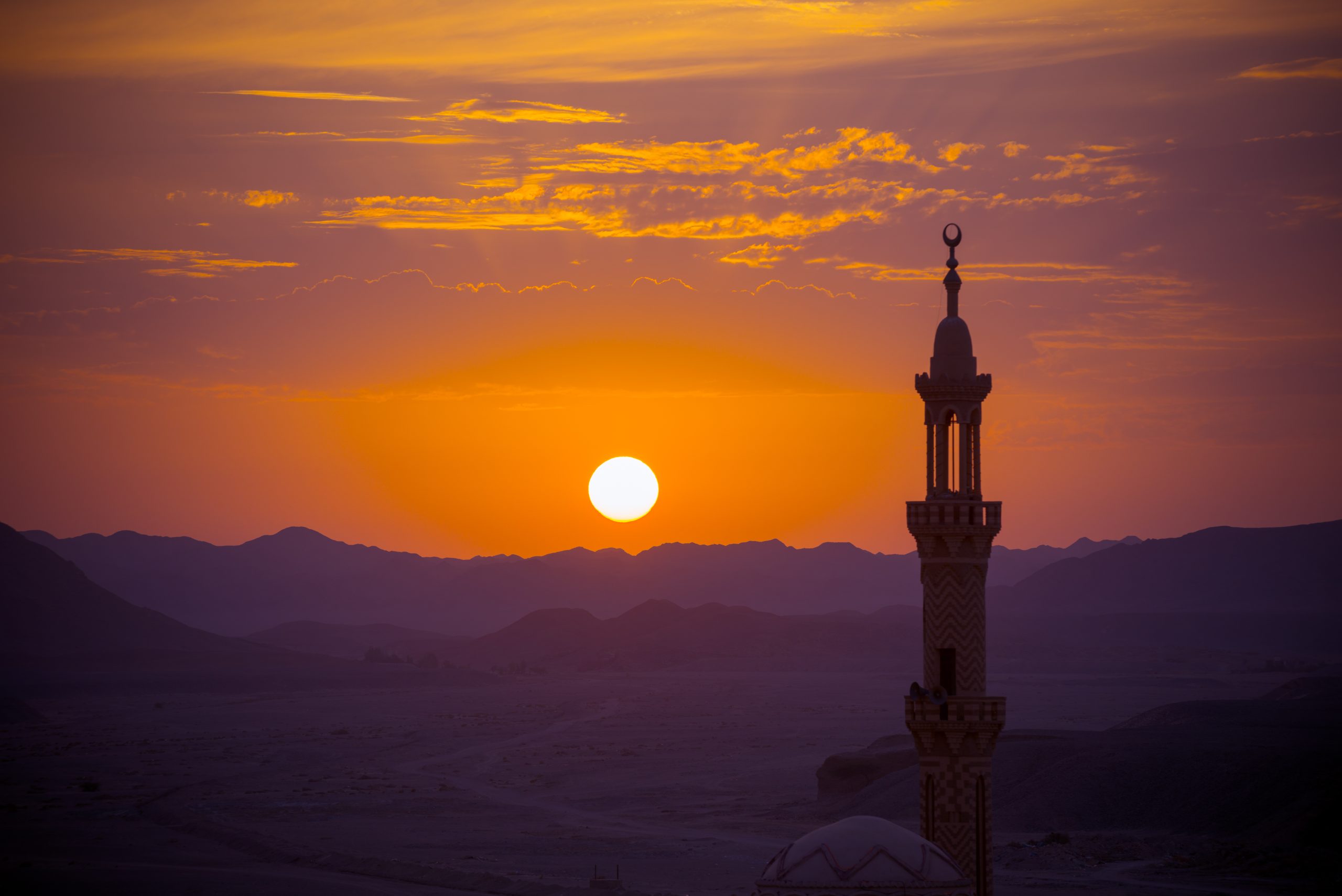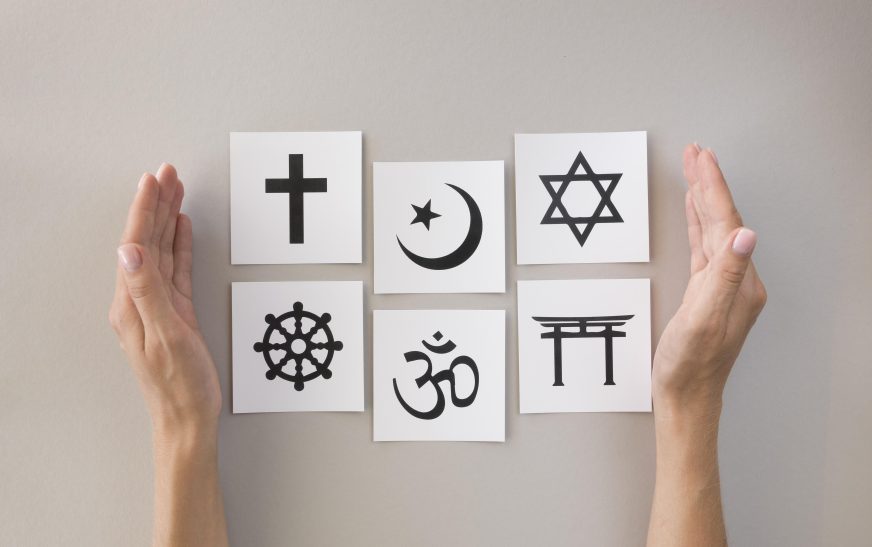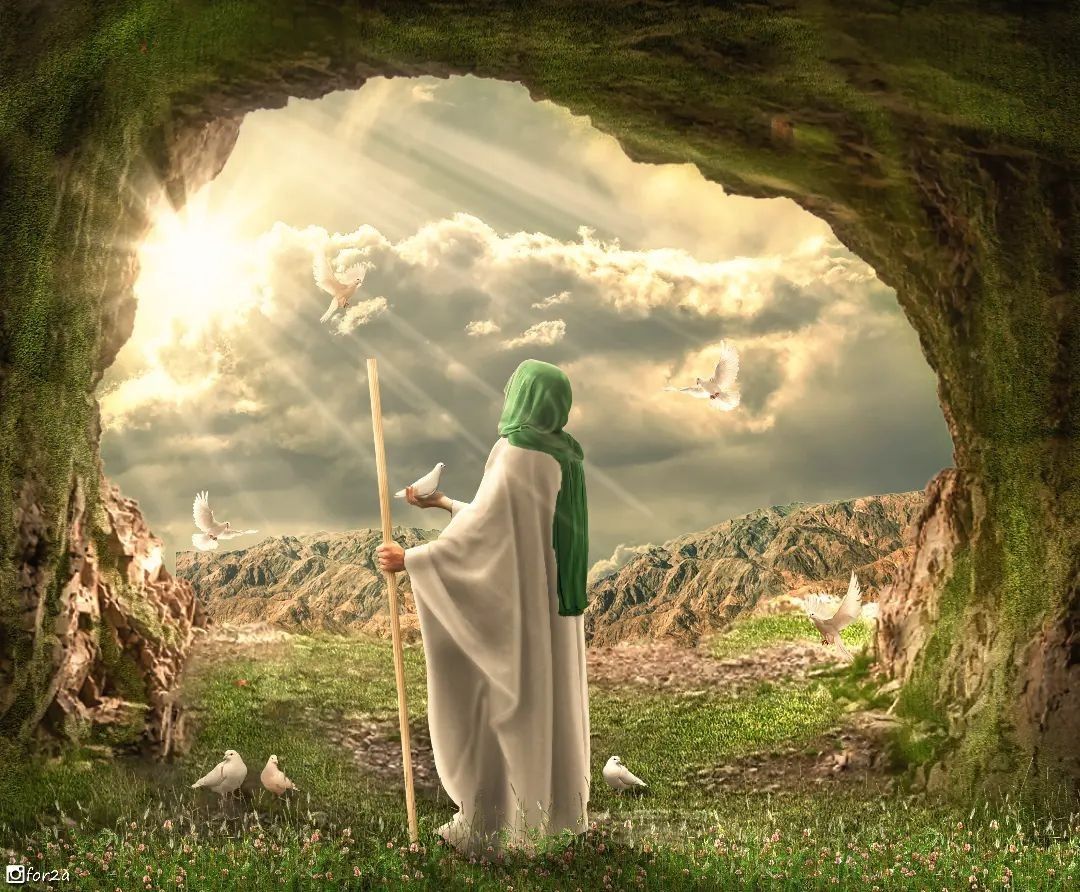The history of Islam and Palestine is deeply intertwined, with Palestine holding significant religious and historical importance for Muslims around the world. This narrative explores the relationship between Islam and Palestine, tracing key moments, cultural heritage, and the enduring connection between Muslims and the land of Palestine.
Palestine in Islamic History:
Palestine, known in Arabic as “Filistin” or “Falasteen,” holds a special place in Islamic history and tradition. The land is revered by Muslims as the site of important religious events and sacred sites mentioned in the Quran and Hadith (Prophetic traditions).
Al-Aqsa Mosque:
One of the most revered sites in Palestine is the Al-Aqsa Mosque, located in the Old City of Jerusalem. Muslims believe that the Prophet Muhammad (peace be upon him) was transported from Mecca to Al-Aqsa during the Night Journey (Isra and Mi’raj) as mentioned in the Quran.
The Dome of the Rock:
Adjacent to Al-Aqsa Mosque is the Dome of the Rock (Qubbat al-Sakhrah), a prominent Islamic shrine built on the site where Muslims believe the Prophet Muhammad (peace be upon him) ascended to heaven during the Night Journey. The dome’s golden exterior and intricate mosaics make it a symbol of Islamic architecture and heritage.
Islamic Heritage Sites:
Palestine is home to numerous other Islamic heritage sites, including historic mosques, mausoleums, and cultural landmarks that reflect the rich Islamic history and civilization in the region. These sites attract pilgrims, tourists, and scholars from around the world, fostering cultural exchange and appreciation.
Muslim Presence in Palestine:
Muslims have been an integral part of Palestine’s diverse population for centuries, contributing to its cultural, social, and economic fabric. Palestinian Muslims, along with Christians and other communities, have maintained a deep connection to the land and its historical significance.
Ottoman and Islamic Rule:
During the Ottoman Empire’s rule over Palestine, which lasted from the early 16th century until the early 20th century, Muslims played a significant role in governing, administering justice, and preserving religious sites. Ottoman architecture, institutions, and cultural influences left a lasting impact on Palestine’s heritage.
Creation of Israel and Palestinian Struggle:
The establishment of the State of Israel in 1948 led to the displacement of hundreds of thousands of Palestinians, resulting in the Palestinian refugee crisis. The ongoing Israeli-Palestinian conflict has shaped the modern history of Palestine, with Muslims and Palestinians advocating for their rights, self-determination, and recognition of their heritage and identity.
Islamic Solidarity with Palestine:
Muslims worldwide, inspired by the historical and religious significance of Palestine, have shown solidarity and support for the Palestinian cause. Calls for justice, peace, and the recognition of Palestinian rights resonate within the global Muslim community, reflecting a shared commitment to justice and human dignity.
Cultural and Intellectual Contributions:
Palestinian Muslims, like their counterparts across the Islamic world, have made significant contributions to literature, art, music, academia, and intellectual discourse. Their cultural heritage and creative expressions reflect a deep-rooted connection to Palestine’s history, identity, and resilience.
Conclusion:
The history of Islam and Palestine is a testament to the enduring bond between Muslims and the land that holds sacred significance in Islamic tradition. From the spiritual sanctity of Al-Aqsa Mosque to the cultural richness of Palestinian heritage, the connection between Islam and Palestine remains an integral part of the Muslim identity and collective memory.

